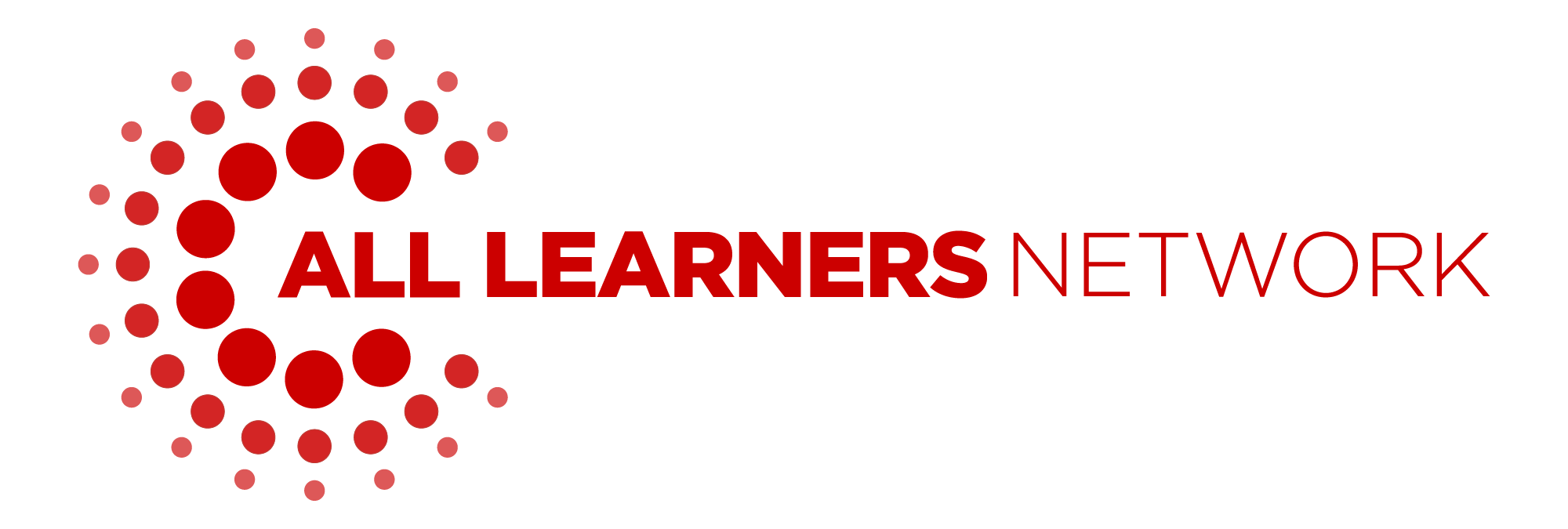
What is Math Identity and Why Does It Matter?
Published: December 6, 2024
Recently, the concept of “a math identity” has become increasingly popular. The topic has come up in books, workshops, blogs, and even mathematical conference themes. In this blog, we will explore what math identity is and why it matters, while also consulting several thought leaders in the math education community.
Before diving into the specifics of what a math identity is, let’s zoom out and think about identity. Our identities are made up of our own perspectives of ourselves and how we think other people perceive us. As our identities develop, we better understand who we are and how our identities relate to the people around us. We also have our identities reinforced by those around us. One Mother’s Day when my son was 6 months old, I was walking with him in the stroller near our house. A man biking by called out “Happy Mother’s Day, Mama” when he saw us walking. In that moment, my identity as a new mom was affirmed and celebrated by somebody I did not even know.
In my last two years of high school, I really wanted to challenge myself and sought out as many Advanced Placement (AP) courses as I could. I gobbled up AP European History and AP Literature & Composition. I loved biology and knew I wanted to take AP Biology as soon as I heard it was an option. When I was selecting my math course for my senior year, I really struggled to decide what to take. I was intrigued by AP Statistics and intimidated by Calculus. When I consulted a math teacher at my school, she suggested that because I was planning to be an English major, maybe I should just take it easy my senior year since “math didn’t come as easy” to me as writing. At that point, I was already starting to feel like “not a math person.” Being dissuaded from challenging myself confirmed to me that only a handful of things mattered when it came to math: being right and getting the grades to prove you had the right answers. And in that quick exchange- there was this idea that if math doesn’t come easy to you, you shouldn’t do it. This idea, as faulty as it is, burrowed itself deep within my math identity.
In their book, Universal Design Learning in Mathematics Instruction K-5, Katie Novak and Ashley Marlow frame math identity as “an individual’s sense of self, beliefs, attitudes, and confidence in relation to mathematics and their own mathematical abilities.” A belief I held about math that was a huge part of my math identity for a long time was that being right and getting to the right answer quickly were the things that mattered most. I didn’t think that I even liked math for a long time, because I deeply believed that you had to be fast and right the first time to be good at math. Liesel McConchie unpacked math identity in a workshop and suggested that “a student’s past experiences combine with a vision for their future to create their math identity.” When we are told we are capable of doing math, it is far more likely we will believe that. When we are given opportunities to BE capable at math, that can go further to truly cement the belief that we are capable of doing math. When we can see a future where we are capable of doing math, we are creating a more positive math identity. What if we kept each student’s vision of their mathematical future in the center of what we do? What would it look like if we handled their vision with the same respect given to GPAs or AP scores? What if we asked students about their specific vision?
As with so many things, the reinforcement of identity happens in so many places. It is, of course, with the individual and can also include families, friends, society, school, and of themselves as mathematicians. When we hear that not everyone is a math person over and over again, we get pushed one of two ways: we either think we are or believe we are not. And often- there is this idea that you need to be “good at math” to be a math person.
But what does it mean to be good at math? Jessica Laur Tilli provides the following to consider around redefining being good at math: “Until we redefine what it means to be “good at math,” we will continue perpetuating the misconception that being good at math is only associated with those who are quick at calculations.” As math teachers, we have the opportunity every day many times a day to redefine what it means to be good at math. We get to push back and emphasize that mucking around with math is being good at math.
Dan Finkel’s perspective is that “we're all born to love [math]. Seeing young kids naturally wanting to play with math, none of them are like, ugh, math, why do I have to do this? They just want to count, they're interested in shapes, they're interested in patterns.” Math so easily fits into play and making sense of the world. And yet - in so many venues, that playfulness and “mucking around” with math is not celebrated. At some point, the joy in play is replaced with being quick at calculations and having all the right answers.
Deborah Peart outlined some of the things that hamper positive math identity development in a presentation at the 2023 Institute of Education Sciences (IES) Math Summit. She shared that “one of the biggest hindrances for developing a positive math identity is a narrative that is written for you that wasn't written by you. What do I mean by that? Who's good at math? Should I be good at math? Should a girl be good at math? Should a person of color be good at math? Who’s writing the narrative that is telling our students that math is not for them and that they are not for the math?” In her questions and wondering - there is an invitation. There is an invitation to purposefully push against the other messages students might be receiving and to actively make sure that every single one of our students knows that math is for them. There is an invitation to affirm that they are problem solvers and that their mathematical perspective and voice matter. One way to push this is to flip the script when it comes to how we teach math. When we move beyond “do it like me” math instruction, we create more opportunities for our students to see themselves as not only capable mathematicians but natural keepers of mathematical knowledge.
Mathematical identities are an unavoidable part of learning and teaching math. Everyone has some kind of math identity and when students have the opportunity to develop and nurture positive identities, they are more likely to see themselves as problem solvers.
Click here for the printable version.
What Now?
1. Read “Countering Teaching Through Telling With 4 Inclusive Math Instruction Strategies” for specific ideas on how to center your students in the learning so that they can see themselves as mathematicians.
2. Create an All Learners Online (ALO) Free account to find games and resources that will help students develop and nurture positive math identities.
3. Bring All Learners Network (ALN) into your school or district for embedded professional development.

All Learners Network is committed to a new type of math instruction. We focus on supporting pedagogy so that all students can access quality math instruction. We do this through our online platform, free resources, events, and embedded professional development. Learn more about how we work with schools and districts here.



.png?width=352&name=ALN%20Hero%20Images%20(17).png)
%20(20).png?width=352&name=Hero%20Images%20(WebsiteBlogEmails)%20(20).png)
